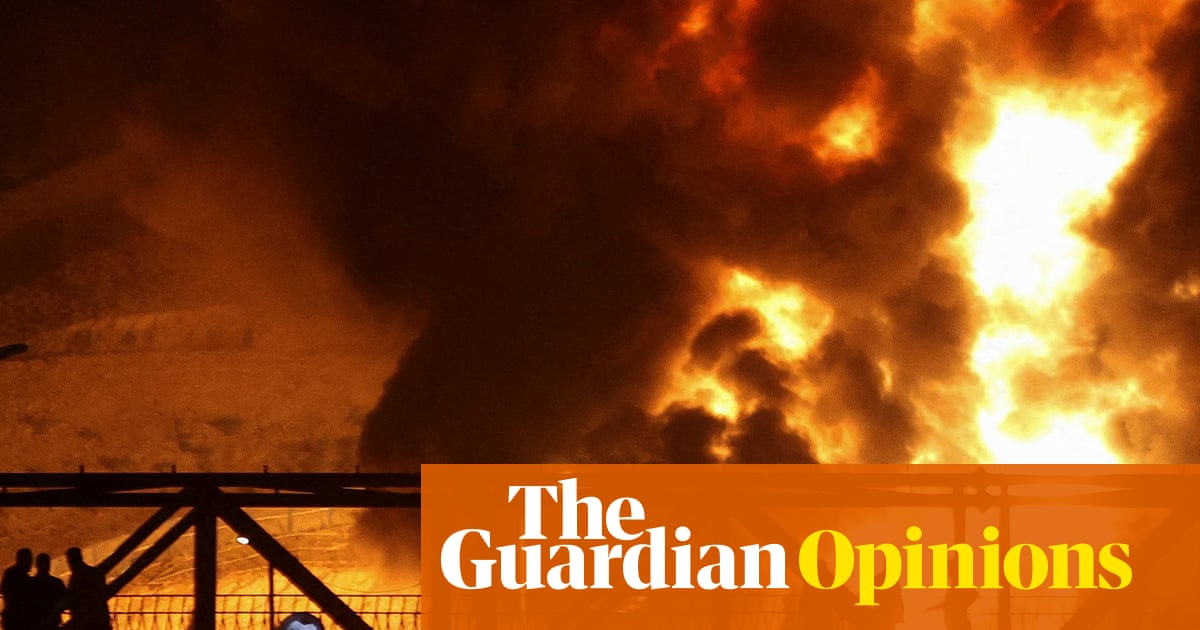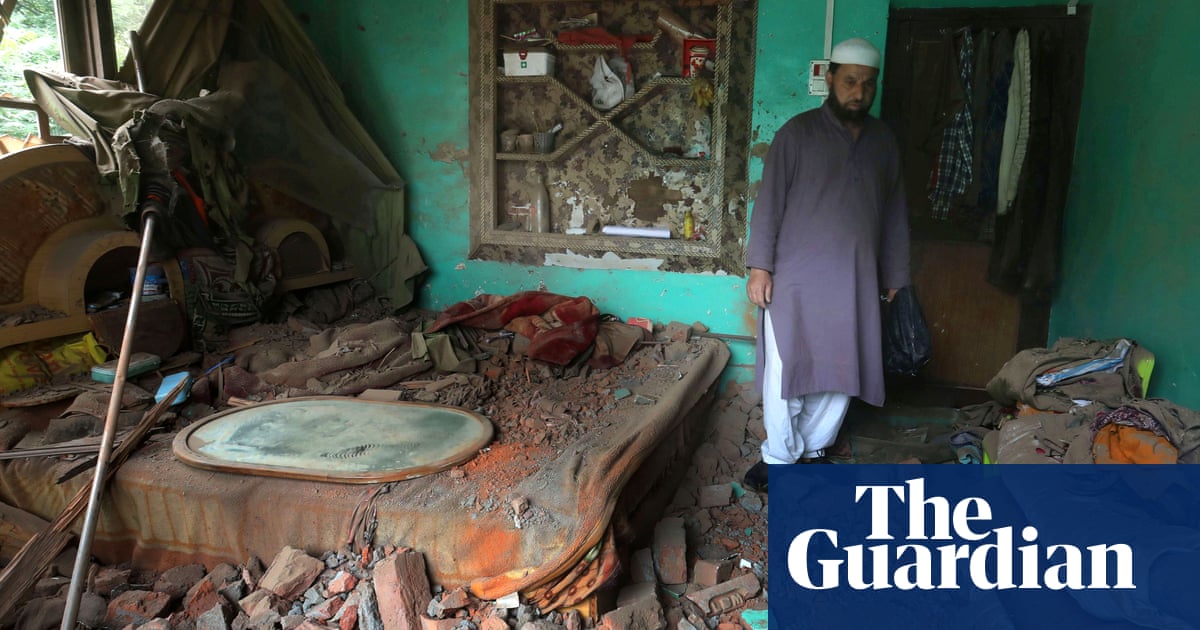This conflict wasn’t destined to happen. It marked a choice made by Israel. Before the attacks began, diplomatic conversations were ongoing. The airstrikes from Israel, which many see as illegal and insensible, likely won’t stop Iran’s nuclear ambitions. Instead, they might fuel them. Both sides need to cease their aggression now. Iran must stop its threats to U.S. and U.K. military bases as well.
This isn’t just a series of small skirmishes anymore. The situation has escalated. Civilians are suffering on both sides. Leaders are now in the line of fire, and the language used is dangerously inflamed. With Israel fighting on multiple fronts and Iran’s regime flailing, the Middle East stands on the brink of a major disaster.
Many conflicts have deep roots, and this one is no exception. The rivalry between Israel and Iran goes back to the 1979 Islamic Revolution. A so-called “shadow war” has been brewing for years, but this recent violence is unprecedented. Who bears the responsibility for this escalation?
Three prominent leaders seem to be at fault. Their decisions raise serious concerns about their judgment and motivations.
Benjamin Netanyahu, Israel’s Prime Minister, has long sought a direct confrontation with Iran. His actions don’t justify the attacks on Iranian soil, even as Iran faced setbacks with a weakened military. While there are claims that Iran is violating treaty obligations, that doesn’t grant anyone the right to wage war.
At 75, Netanyahu seems out of touch and unfit to lead during these turbulent times. He has failed to protect his citizens and has escalated violence in Gaza, resulting in a staggering number of Palestinian casualties. His focus appears more on political survival than on the wellbeing of his country. The ongoing conflict has severely damaged Israel’s global standing and fueled antisemitism.
On the other side, Iran’s Supreme Leader, Ali Khamenei, also shares the blame. Aged 86, he heads a regime marked by repression and corruption. His insistence on increasing uranium enrichment gives Israel a pretext for further strikes, keeping tensions high.
Lastly, former U.S. President Donald Trump complicates matters. His erratic approach to foreign policy has contributed to the chaos. After withdrawing from a nuclear deal, Trump struggled to form a coherent strategy. His lack of understanding and unwillingness to engage deeply has left room for misunderstandings and miscalculations.
Recent statistics illustrate the gravity of the situation. As of now, over 55,000 Palestinians have died in the conflict, a staggering statistic that highlights just how damaging these confrontations are. Public sentiment online reflects a mix of fear, anger, and hope for a diplomatic resolution. Many social media users call for peaceful dialogue, while others express frustration with their leaders.
This situation underscores the urgent need for leadership that prioritizes peace, understanding, and dialogue over aggression. The actions of these leaders could have far-reaching consequences, and a new path is essential for change. As tensions rise, the call for restraint from both sides becomes ever more critical to prevent further escalation and protect innocent lives.
Source link





















